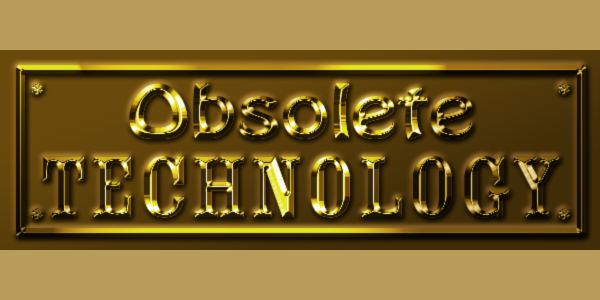Long distance communication didn’t start until the 19th century, right? Actually there has been effective, instantaneous long distance communication for thousands of years. It wasn’t as complex as it was today, but smoke signals have been an effective way of instantly communicating for cultures all around the world. Smoke signals are rarely used today. The only time that comes to mind for me is when we have a new Pope. But, it wasn’t always that way.
How smoke signals generally worked
The technology was simple. By burning wet grass, a column of smoke formed. The smoke could be seen for dozens of miles, giving news far faster than it could travel by horse or person. Needless to say there was some danger to this, as an improperly tended fire could become a problem. However, the people who used these signals were experts. They burned only what was necessary and tended things carefully. Smoke signals weren’t necessarily more dangerous than campfires, and keep in mind that just 200 years ago, practically everyone was an expert in those.
The surprisingly complex language of smoke signals
At first smoke signals were a simple binary form of communication. You see smoke, that means danger. No smoke, no danger. But some cultures developed amazingly complex smoke languages based on multiple fires and covering up the fire momentarily with a blanket to cause the smoke to billow in distinct streams. It was something akin to a primitive Morse code or digital transmission. Two thousand years ago, the Greeks were using smoke signals to send whole sentences, rather slowly.
Smoke signals were eventually replaced with other forms of semaphore-based communication. On the water, where a fire could be even more deadly, sailors used flags, then lanterns, then lights to communication. On land, instant communication using a wire first started in the 19th century. Obviously it’s continued unabated since.
Smoke signals are serious business
Make fun of smoke signals all you like, but they were effective line-of-sight communication that worked (unless it was raining or foggy.) in the days before electricity they worked astoundingly well, could be operated with only a minimum of training, and never required rebooting. That’s not something you can really say about today’s communications technologies.
On the other hand, today’s tech is generally safer and certainly goes long distances. Because of the infrastructure we’ve built, it surpasses line of sight. We think nothing today of communicating with anyone on the planet and even a few people in space. That all happens because of a lot of tech we don’t tend to understand. But back in the days of smoke signals, all it took to be an effective communicator was a spark, some water, and a blanket. Looking back, it’s pretty impressive what they accomplished with just those three things.
On the other hand…
If you really do want to improve your communication, you don’t have to rely on smoke signals. You can get what you need by shopping at Solid Signal. We can help you with satellite, antenna, commercial, industrial, and cellular products to keep you connected. We can even build custom systems for institutional, mobile, and marine applications. Want to know more? Call the experts at 888-233-7563 or fill out the form below.

